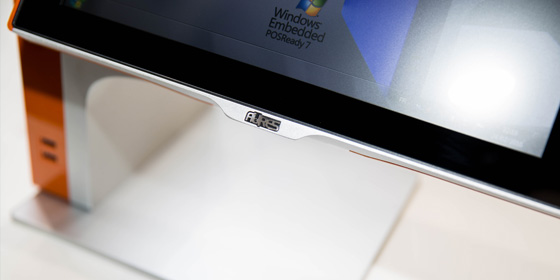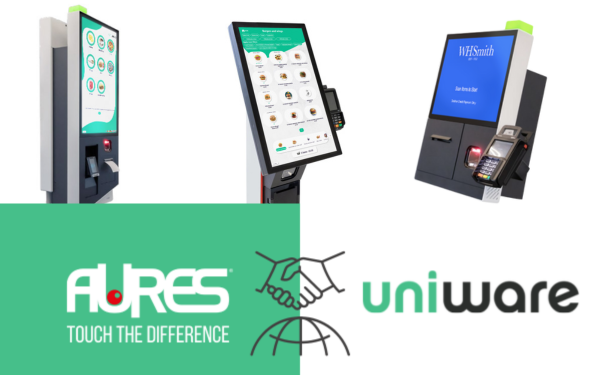The move towards cashless payments has become one of the defining economic trends of our times, triggering concern and celebration in equal measure. As with many rapid shifts (and we’re used to them in the digital age), it is the speed of the change that has caught many people off guard.
In 2012, cash payments accounted for 54% of all transactions. But thanks to an acceleration in the development of contactless technology, and then of course the COVID-19 pandemic, that figure had plummeted to just 14% by 2022.
Whether it is desirable to end up completely cashless is a debate that will continue to rage. But in certain walks of life, the cashless experiment is being pushed further than in others. One of them is in education. And it shows all the signs of being an unqualified success.
The ‘cashless campus’ is a concept built of several components. First, you need the capability to accept cashless payments. Contactless payment terminals that facilitate ‘tap and go’ transactions from cards, digital wallets and other mobile apps are now familiar everyday pieces of technology. In education settings, particularly in schools, account-based payments are often desirable, allowing, for example, a student to pay for their lunch via some form of ID.
Second, you need an underlying infrastructure to support cashless payments. With account-based payments, this requires a little more attention. Again looking at the schools context, it means having facilities for parents to top up their child’s account, whether that be at the front office or online or both.
On larger college and university campuses like colleges and universities, just joining up all the payment endpoints is a considerable task. On a typical university campus, for example, there are often dozens of transaction points – catering services, student bars, concessions, libraries (for paying fines), bursary services. Managing this requires advanced POS system planning. You need the right mix of POS endpoints for right environment, whether that be cashier terminals or self-service kiosks. If you want to allow account payments across different locations, you need a further level of integration, plus ways to identify and verify the account holder. Increasingly, this is leasing education POS systems down he path of biometrics.
The Benefits of a Cashless Campus
Going cashless, then, isn’t something you can do at the flick of a switch. Although, that being said, most education institutions already have a lot of the core infrastructure in place. Food halls, bars, concessions etc already run POS, and in this day and age are guaranteed to also have cashless payment options. So it’s more a case of joining up the dots and filling in the gaps, rather than starting from scratch.
The benefits are significant. One of the biggest pluses of going cashless in education settings is security. In schools, it gives parents more control and oversight, and stops the age-old issue of lost dinner money. Not to mention theft, which becomes an even greater concern on open campuses at colleges and universities.
After security, the other key benefits centre around convenience and efficiency. It’s well established that cashless payments, and contactless transactions in particular, are much faster than paying by cash. There’s no counting and handing over notes and coins, no waiting for change – it’s literally just tap-and-go.
Cashless payment infrastructure also syncs well with self-service, which is increasingly prevalent on campuses. From topping up accounts to ordering food, kiosks are a proven way to reduce queuing and wait times, and also free up staff to concentrate on other tasks. That adds value to both the student experience and to institutions themselves.
AURES is delighted to be supporting our channel partner Uniware at this year’s TUCO (The University Caterer’s Organisation) Summer Conference at the University of Exeter. Uniware will be using AURES hardware to showcase some of its cutting-edge POS and payment software solutions for the higher education sector at the event from 29-31 July.
Try the AURES Kiosks for yourself, we’d love to see you there – book here.




